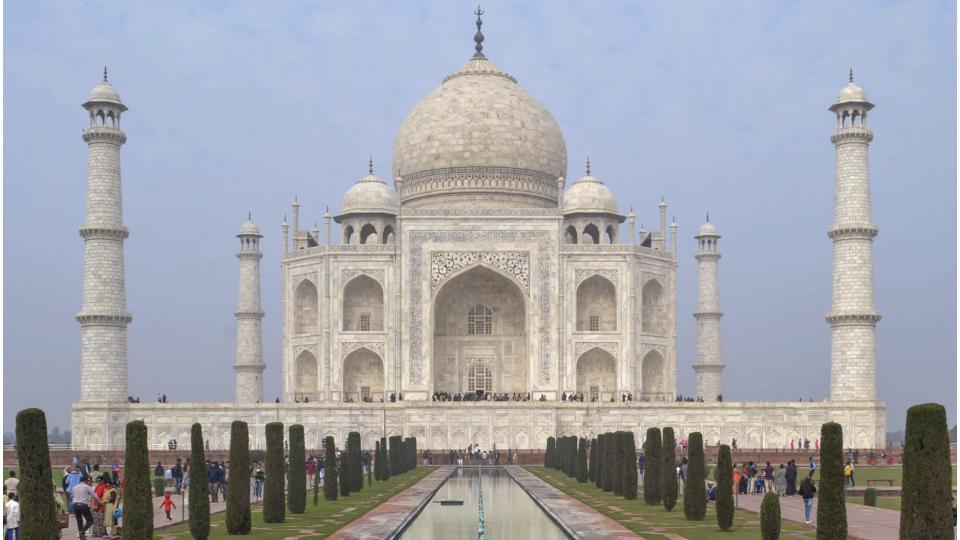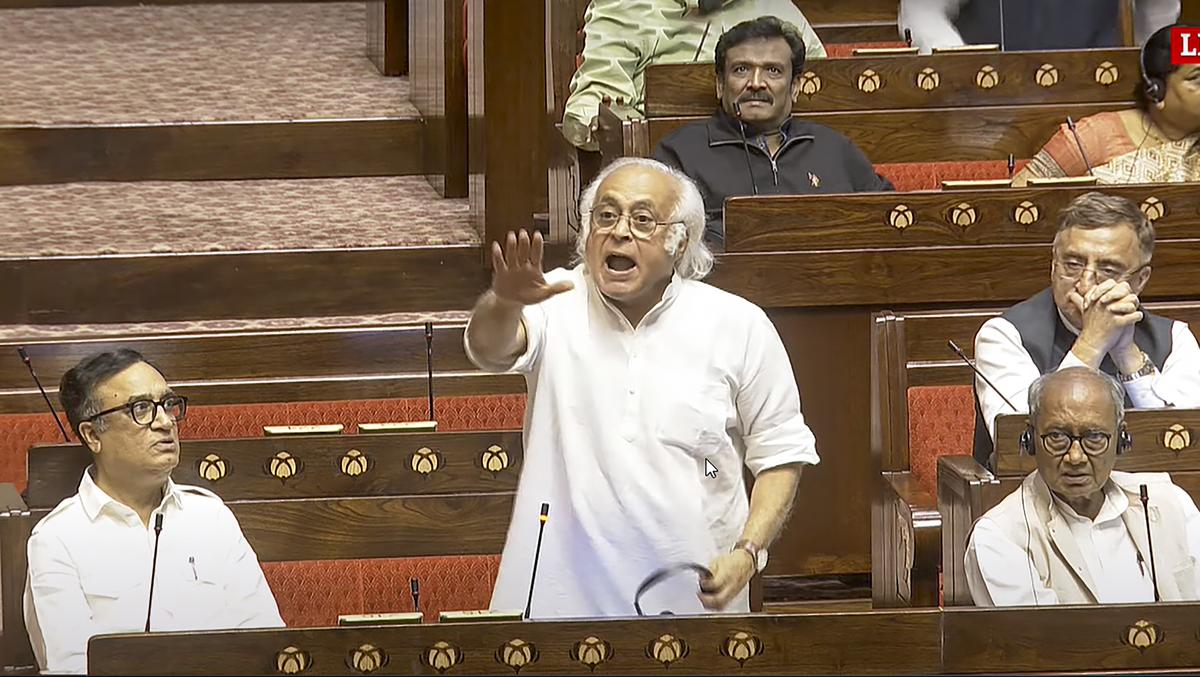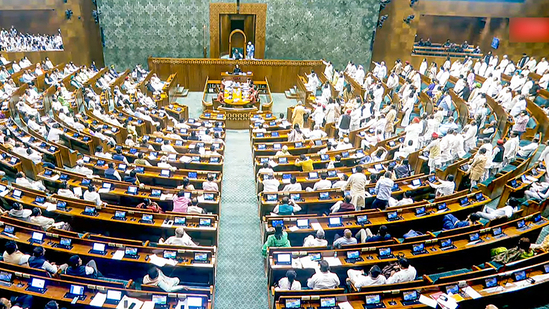Parliament passes Waqf (Amendment) Bill 2025 as Rajya Sabha grants approval
Fri 04 Apr 2025, 10:12:55

Parliament has passed the Waqf (Amendment) Bill, 2025, with the Rajya Sabha approving it in the wee hours today. The Upper House cleared the Bill with 128 members voting in favour of it while 95 members voted against the legislation. The Rajya Sabha held a discussion on the Bill for around 12 hours. The Lok Sabha has already approved the Bill.
The Waqf (Amendment) Bill 2025 aims to streamline the management of Waqf properties, with provisions to safeguard heritage sites and promote social welfare. The legislation also aims to improve governance by enhancing transparency in property management, streamlining coordination between Waqf Boards and local authorities and protecting stakeholders’ rights.
The Bill also seeks to improve the economic and social status of Muslim women, particularly widows and divorced women. The Bill is intended to make the Waqf Board more inclusive, having representation from different Muslim sects for better Waqf governance and decision-making. The Waqf (Amendment) establishes a secular, transparent, and accountable system for Waqf administration.
Replying to a debate on the bill, Minority Affairs Minister Kiren Rijiju said that crores of poor Muslims will benefit from this legislation and in no way does it harm any
single Muslim. He said, the legislation does not interfere in the Waqf properties. He said the Narendra Modi government works with the vision of Sabka Saath and Sabka Vikas, and it does not discriminate against any community. He said that poor and Pasmanda Muslims came to meet him and urged that the bill should be passed soon.
single Muslim. He said, the legislation does not interfere in the Waqf properties. He said the Narendra Modi government works with the vision of Sabka Saath and Sabka Vikas, and it does not discriminate against any community. He said that poor and Pasmanda Muslims came to meet him and urged that the bill should be passed soon.
He said that the government wants to bring the Muslims into the mainstream of the country. Mr Rijiu said that in the Joint Parliamentary Committee, the views of Members were also heard and their suggestions were incorporated in the bill. He made it clear that there will be 22 members in the Central Waqf Council, including the ex-officio members and in the Council, there will not be more than four non-Muslim members. He also said that out of the eleven members of the Waqf Board, only three will be Non-Muslims. He added that the Waqf Board is a statutory body and it should be secular, but still, the government restricted the number of non-Muslims in it.
Earlier while moving the bill, the Minority Affairs Minister said that the bill has been brought after a detailed consultation with the stakeholders as well as in the Joint Parliamentary Committee. He urged the opposition parties to support this bill.
No Comments For This Post, Be first to write a Comment.
Most viewed from National
Most viewed from World
AIMIM News
Latest Urdu News
Most Viewed
May 26, 2020
Do you think Canada-India relations will improve under New PM Mark Carney?
Latest Videos View All
Like Us
Home
About Us
Advertise With Us
All Polls
Epaper Archives
Privacy Policy
Contact Us
Download Etemaad App
© 2025 Etemaad Daily News, All Rights Reserved.

.jpg)
.jpg)
.jpg)

.jpg)







.jpg)
.jpg)
.jpg)
.jpg)
.jpg)
.jpg)
.jpg)
.jpg)
.jpg)
.jpg)
.jpg)
.jpg)

















